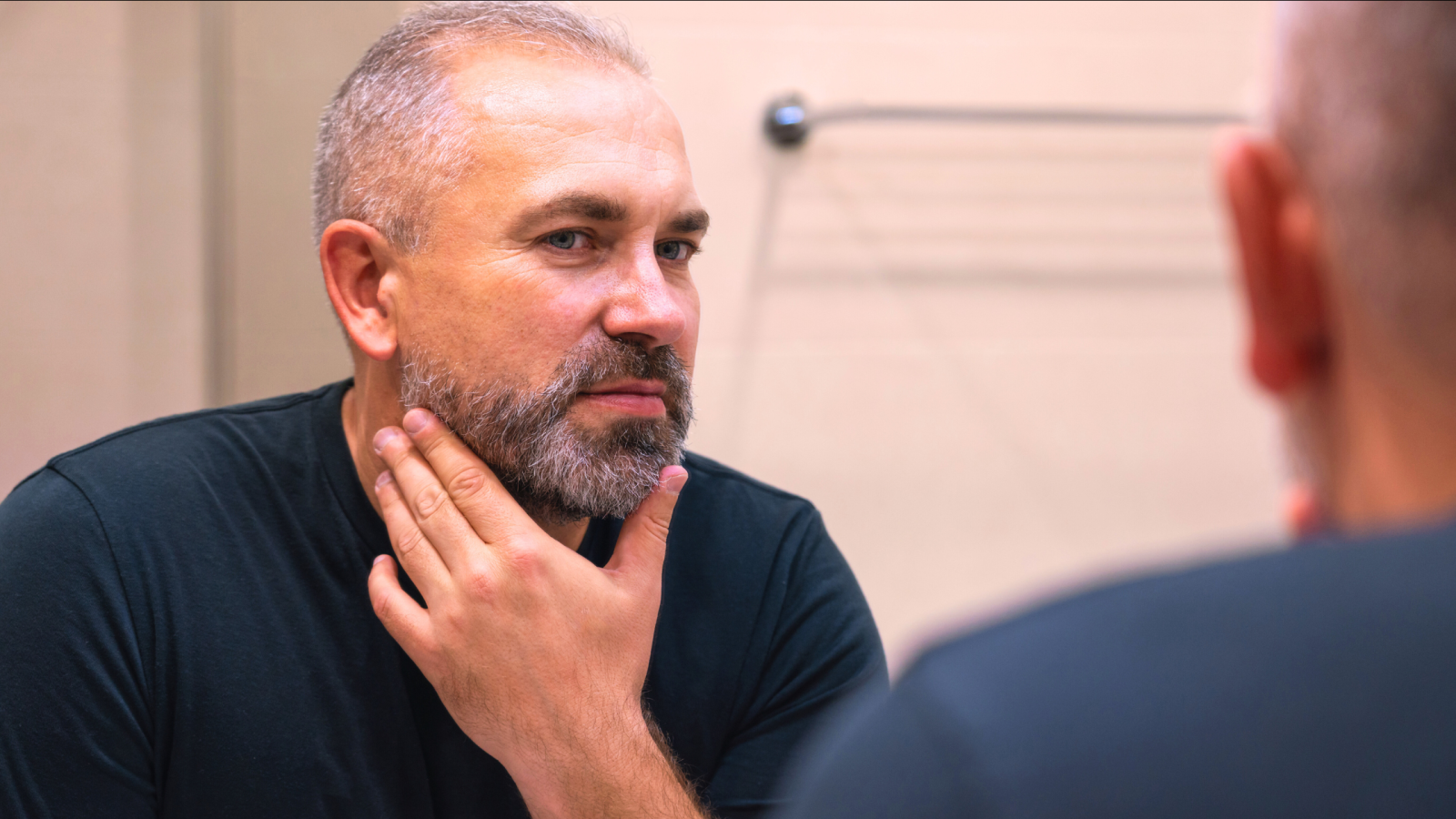Symptoms and diagnosis of brain tumours

Brain tumour symptoms
The main symptoms caused by a brain tumour include:
- Headache – may be worse in the morning or during the night, or when you sneeze/cough or bend down
- Loss of vision or problems with vision, such as blurred or double vision
- Fits or seizures or blackouts
- Personality or behaviour changes
- Changes in intellect or memory problems
- Uncoordinated movements or unsteadiness or weakness on one side of your body
- Speech or swallowing difficulties
The symptoms vary depending on which part of the brain is affected by the tumour. The symptoms also depend on the amount of pressure the tumour is causing.
These symptoms can also be caused by many other conditions other than brain tumours, but it’s important to go to your GP and get any unusual changes checked.
Can I be screened for brain tumours?
Testing for brain tumours when you have no symptoms is called screening. There is no screening programme for brain tumours. If you’re worried about brain tumours talk to your GP.
Diagnosing brain tumours
Your family doctor (GP) will talk to you about your symptoms and may do some simple tests, such as:
- Physical exam.
- Mental assessment (e.g. asking you questions).
Neurological (brain function) tests
- Eye exam or eye test
- Hearing tests
- Testing your facial muscles
- Testing your swallowing or gag reflex
- Checking the strength in your arms and legs
- Checking your balance or co-ordination
- Checking the sensation on your skin
Other tests
Your GP will refer you to hospital if they think you need more tests. You may need to travel to a specialist centre. Tests you might have include:
- MRI scan: This is a scan that uses magnetic energy to build up a picture of the tissues inside your body. During the scan you will lie inside a tunnel-like machine
- CT scan: A special type of X-ray to give a picture of the tissues inside your body
- PET scan: Using a radioactive injection that will show up any cancer spread to other parts of your body on a scan picture
- EEG: A test to record electrical activity in your brain using plastic discs (electrodes) put around your head. The brain activity is then recorded and shown on a printout
- Angiogram: A test to look at blood vessels in your head by injecting a special dye into your body, through your groin. It is done if your doctors are concerned that your tumour is close to a blood vessel
- Brain biopsy: Taking a small tissue sample of the tumour to find out more about it. For example, what type of tumour you have. A brain biopsy is a type of brain surgery
For more information
Phone
1800 200 700



